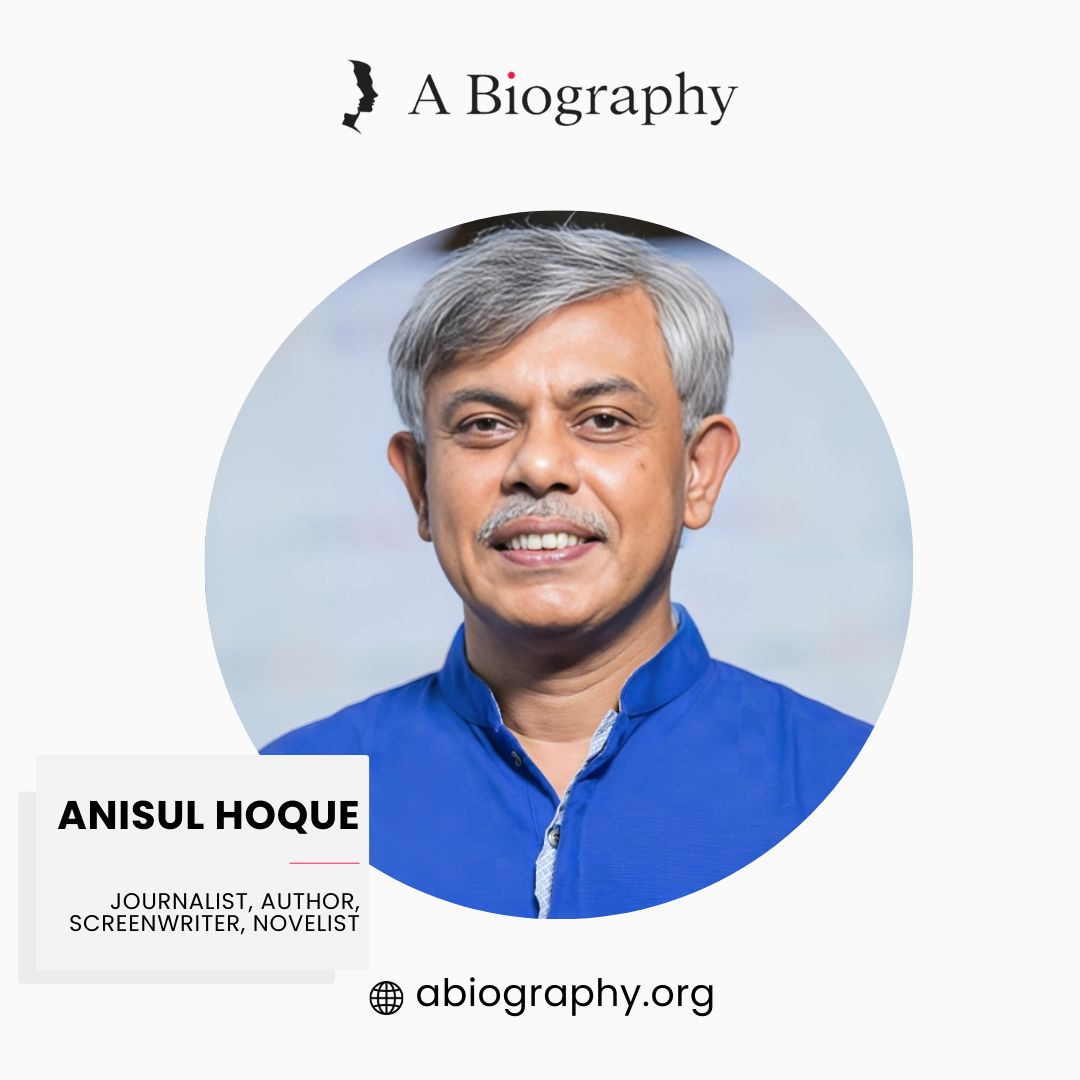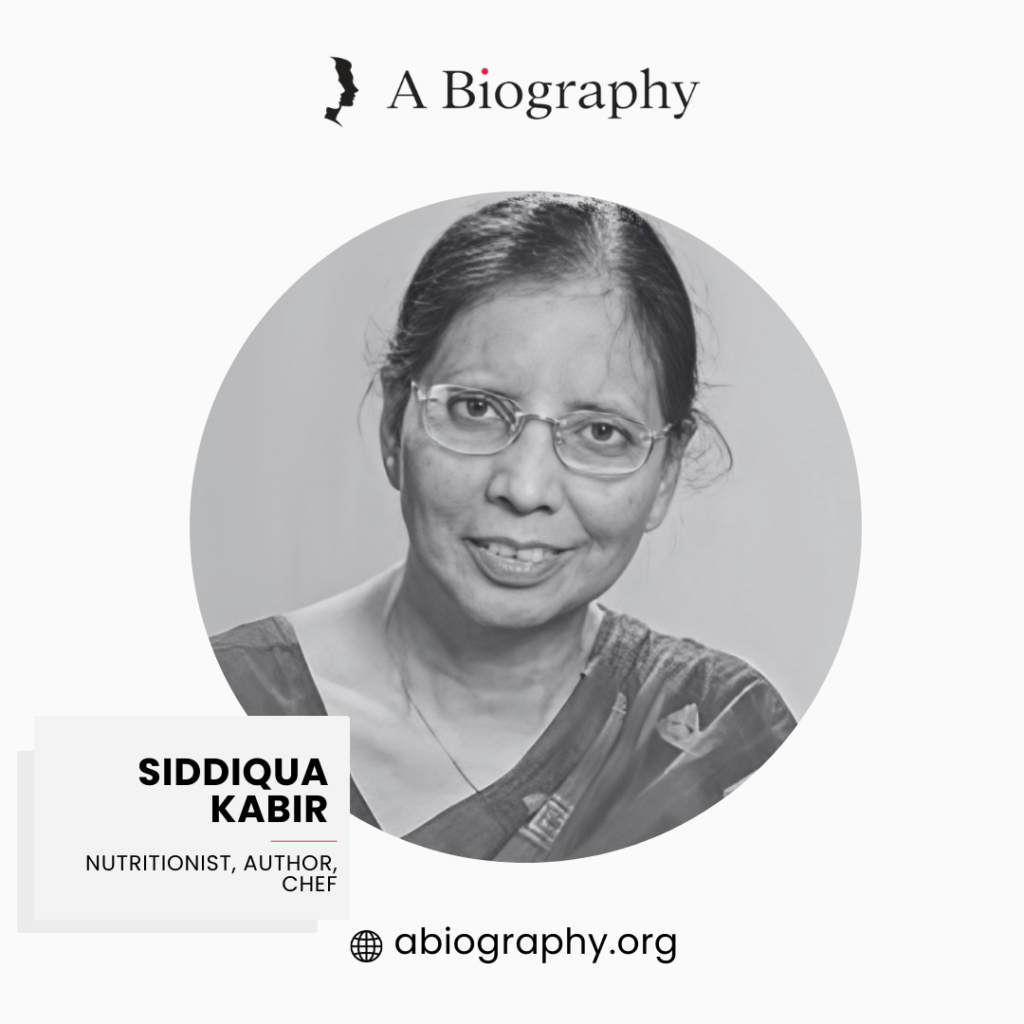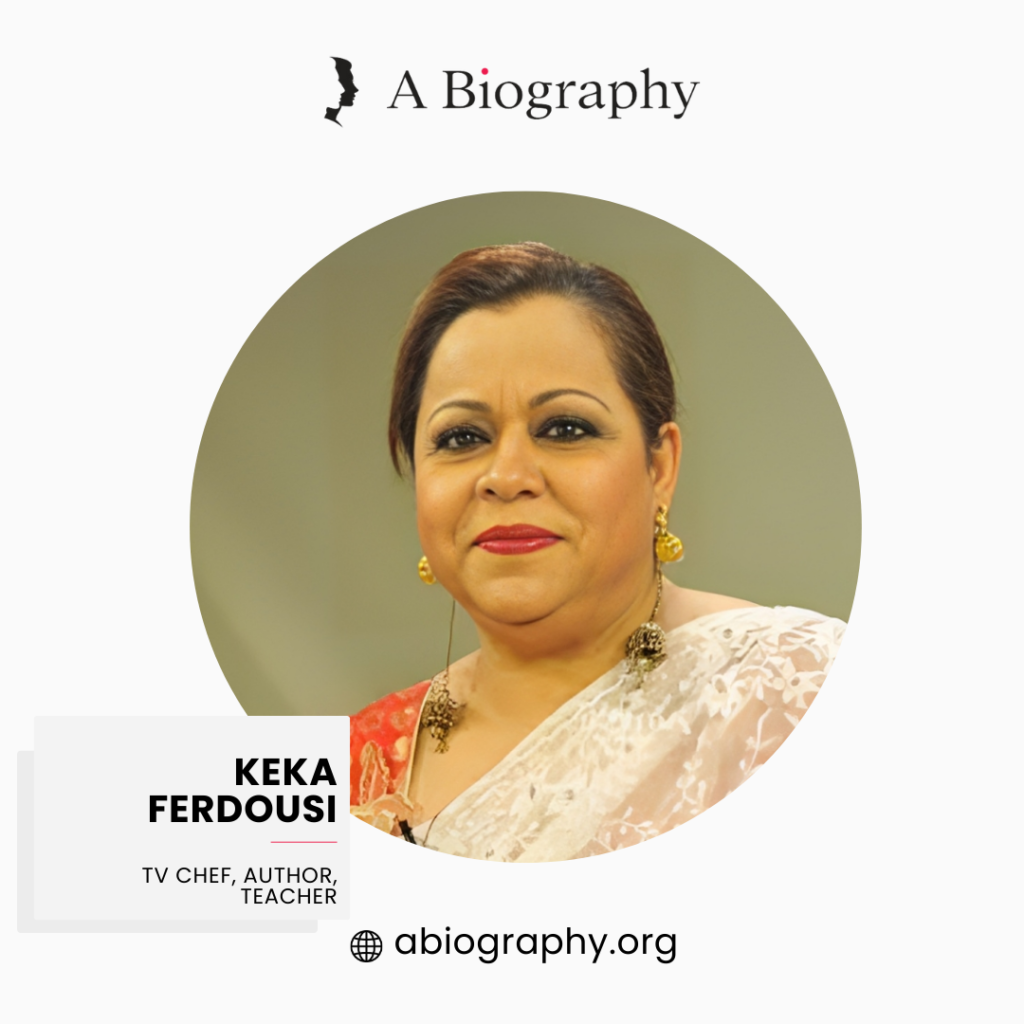BIOGRAPHY OF Anisul Hoque
Journalist, Author, Screenwriter, Novelist
(March 4, 1965- Present)
Table of Contents
ToggleIntroduction
Anisul Hoque is a well-known journalist, playwright, poet, and fiction author who first rose to fame in Bangladesh in the 1980s. He has expertise in various literary genres, including poetry, short stories, novels, literary comics, travelogues, and children’s literature. His record of work is priceless.
Hoque’s literature is well-read and well-liked by most Bengali-speaking audiences, which explains why he is so well-known for it. He is famous for his sharp writing style, wit, and social satire. Anisul Hoque has earned recognition and many accolades for his work.
Life of "Anisul Hoque" At a Glance
Known For: Anisul Hoque is well-known for his work as a writer, poet, dramatist, columnist, and journalist. He resides in Bangladesh’s capital city of Dhaka. Hoque wrote and contributed to the scripts for several Bengali television shows and movies.
Born: March 4, 1965
Birthplace: Rangpur Division’s Nilphamary District
Father: Late Mofazzal Hoque
Mother: Anwara Begum
Nationality: Bangladeshi
Native Language: Bengali
Spouse: Marina Yasmin (since October 1, 1993)
Children: Padya Paramita
Early Life
Mofazzal Hoque and Ms. Anwara Begum welcomed Anisul into the world in Nilphamari, Bangladesh, in 1965. His father was a developmental psychology professor, and he looked up to him as he pursued a writing career. While still a student, Hoque developed a passion for writing and journalism. After graduating, he joined the government and began working as a civil servant, but he later quit. Rather, he began his career as a journalist.
Education
Anisul Hoque elementary school of choice was Rangpur PTI. He earned third position in the nation’s total merit list after passing the SSC test at Rangpur Zilla School in 1981. He earned another ranking of eighth in the nation’s composite merit list in 1983 after passing the HSC test at Rangpur Carmichael College.
After graduating from Bangladesh University of Engineering and Technology (BUET) with a degree in civil engineering, Hoque started looking for work. Anisul enrolled in the International Writing Program at the University of Iowa in 2010.
Career
The cultural environment at Rangpur PTI greatly aided Anisul’s interest in drawing, reading, composing, and spending time listening to music. Every student at that institution was connected through their artistic endeavors, giving him the chance to experience the comfort of culture.
After receiving his degree, he started working as an official for the Bangladeshi government in the railway department, but he quit after only 15 days. Afterward, Anisul began his career as a journalist. His love of writing and journalism first took hold during his undergraduate years. In 2010, Anisul participated in the International Writing Program at the University of Iowa and Brown University in the United States.
Additionally, he took part in numerous international book fairs and literary festivals. Hoque currently holds the position of editor of the monthly youth publication Kishor Alo and associate editor of the daily Prothom Alo in Bengali.
Personal Life
One of Bangladesh’s best-known modern authors is Anisul Hoque. Both the Daily Prothom Alo and the monthly Kishor Alo have him as their editor. Combining novels, poetry categories, and short story collections, he has written more than 80 creations. In 1993, on October 1st, Hoque got married to Marina Yasmin. They are a happy couple, therefore. They gave birth to a daughter named Padya Paramita. His personal life is not well-documented.
Legacy and Recognition
He made his literary debut in 1989 with the release of his first work of poetry, “Khola Chithi Sundarer Kachhe,” while still an undergraduate at the Bangladesh University of Engineering and Technology. The stormy anti-dictatorship campaign was in full swing when Anisul Haque’s book was published. Although Anisul Haque tends to write about romantic relationships, he also captures the political unrest of the day in his writings.
His best-known pieces comprise “Ei Ghor Ei Songshar,” “Jibon Namer Rail Garita,” “Dukhai,” and “Bhalobasha Zindabad.” Besides fiction, he also published nonfiction works, such as “Amra Jibon Nibash Nai,” which contains essays on Bengali culture in modern times. Anisul Haque’s “Maa,” a novel based on actual Liberation War events, struck the audience with the most significant memories.
He continuously writes newspaper columns while serving as editor of several reputable publications for quite some time. Anisul penned the screenplays for numerous films and television programs. His screenplays are renowned for their compelling narratives and amiable characters, and viewers largely praise them. In addition to Ghure Daranor Swapno, Choruibhati, 69, Nikhoj Shongbad, Naal Piran, and Ekannoborti, he also wrote screenplays for these television series.
Similarly, Anisul is responsible for the screenplays for the films Made in Bangladesh, Swapnodanay, Bachelor 2004, and Third Person Singular Number. His writings have appeared in publications in Odia, Japanese, English, Spanish, and other languages.
Inspiration and Idol
Anisul Hoque stated in one of his interviews that his father remains his greatest source of motivation. How much his father encouraged him in his work. Rabindranath Tagore is his idol in terms of role models. He could connect his understanding of life to Rabindranath Tagore’s poems. In addition, Anisul said that legendary Jibonanondo Das and many other authors and artists are his role models.
Awards
Anisul Hoque has received numerous awards and recognitions for his contributions, most notably the Bangladesh National Film Award for Best Screenplay in 2003, the Ananda Purashkar in 2006, and the Ekushey Padak in 2020. He has won the BACHSAS Award and the TENASINAS Award for his screenplay. Anisul has received the Euro Shishu Shahitya Award, the CitiBank Ananda Alo Award, and the Khalekdad Chowdhury Literature Award. The Pusan Film Festival in South Korea gave the Asian Cinema Fund (script development) to Mostofa Sarwar Farooki and Anisul Hoque for their co-written movie script Television. He contributes to the Bangladesh Center for Development Journalism and Communication as well.
Famous Works
The following are some of Anisul Hoque’s most well-known works:
Poetry
- Khola Chithi Sundarer Kachhe
- Jalrang Padya
- The poem Asale Ayur Cheye Baro Shaadh Tar Akash Dekhar
- Tomake Bhabna Kori
Novels
- Ondhokarer Eksho Bochhor (1995)
- Kheya (The Ferryboat) (1996)
- Fand (Trap) (1997)
- Bristibondhu (The Rain Friend) (1997)
- The 1999 film (I Have a Sorrow, Amar Ekta Dukhkho Achhe)
- Se (The Person) (2002)
- Maa (Mother) (2003)
- Abar Tora Kipte Ho
- Dushwapner Jatri (2006), ISBN 984-458-532-5
- Khuda o Bhalobashar Galpo
- Nandini (2006), ISBN 984-437-341-7
- Alo Andhokare Jai (2007)
- Fairy of Sadness and Fairy of Happiness (Dhukhpari Shukhpari)
- Trap (Inam Ahmed, ISBN 819-069-563-0; published by Indian Age in English translation from Bengali)
Television drama
- Ekannoborti
- Choruibhati
- Naal Piran (Red Shirt)
- Korimon Bewa
- Ghure Daranor Swapno
- 69
- No Man’s Land
- Nikhoj Shongbad
- Radio Chocolate 69.0 FM
- Film scriptwriter
- Bachelor, 2004
- Made in Bangladesh (directed by Mostofa Sarwar Farooki)
- Third Person Singular Number
- Swapnodanay (On the Wings of Dreams) (2007)
- Television (film), directed by Mostofa Sarwar Farooki, was released in 2013.
Conclusion
Anisul Hoque is a novelist, screenwriter, and author who continues to write on a variety of subjects related to contemporary Bangla culture. In a remarkably short amount of time, he became well-known. The popularity of his television shows and scripts with viewers led to his recognition with numerous awards. His column, which he writes for the Prothom Alo and Kishor Alo newspapers each month, educates readers on a different topic.



